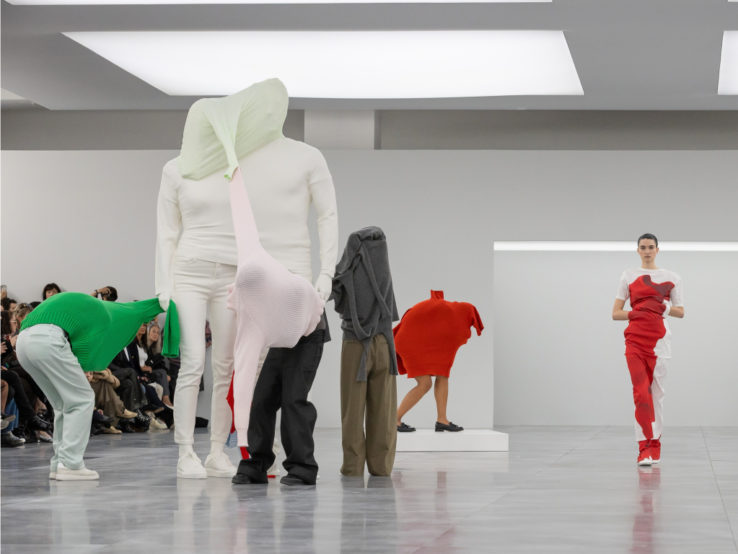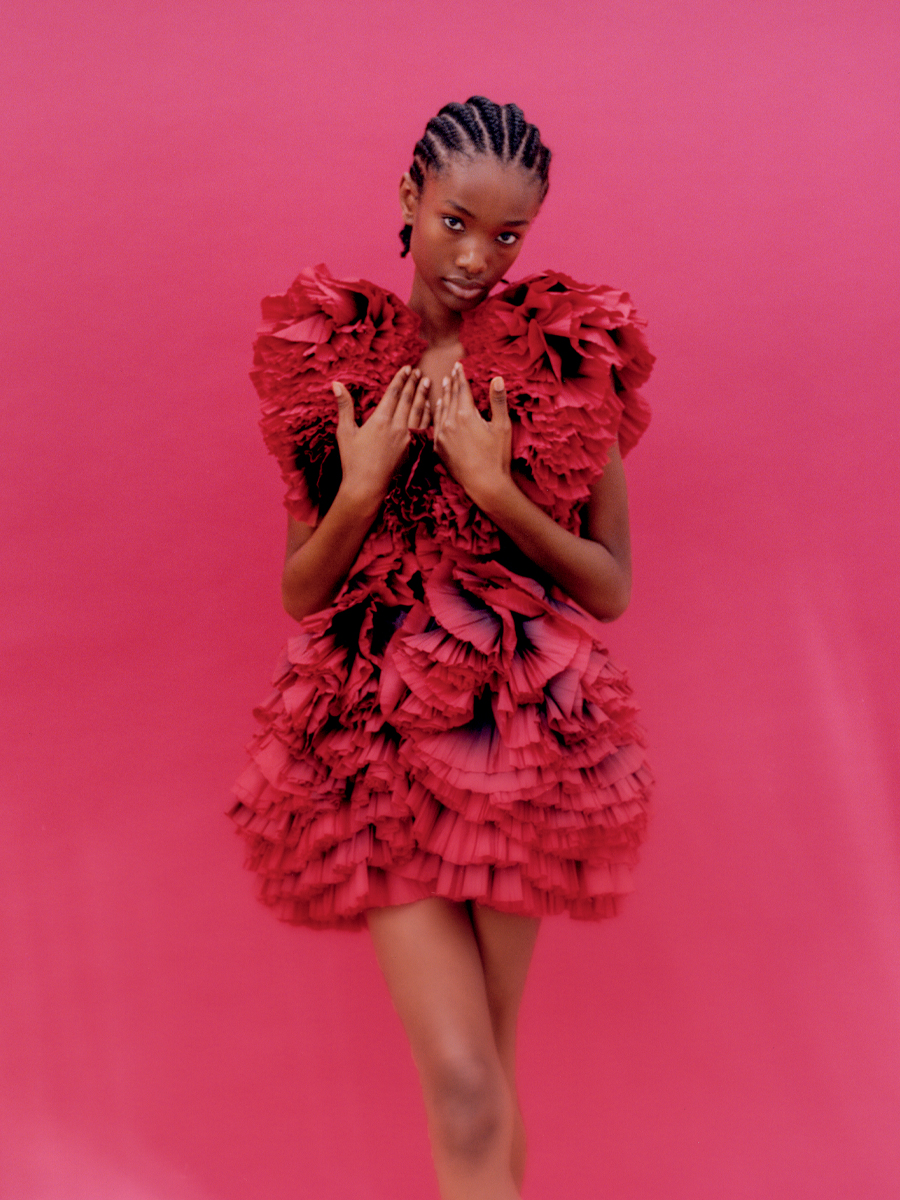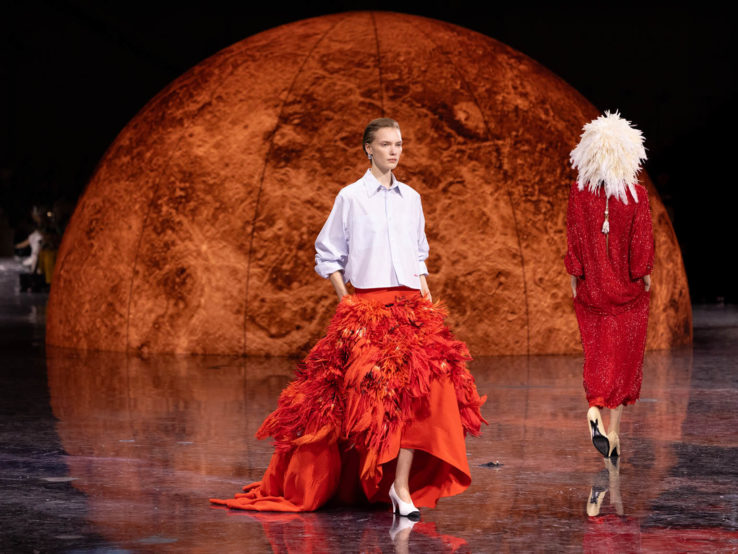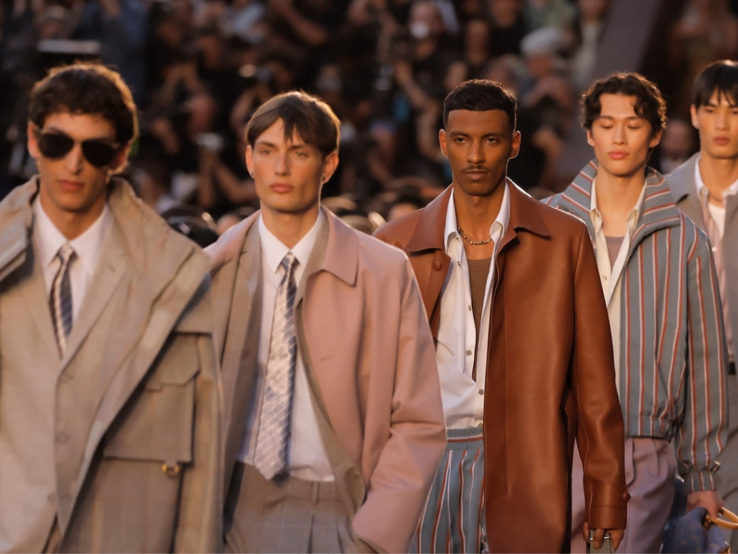From Hong Kong to Chile, Lebanon, Italy, the United States and France, the calls to revolt against abuse and injustice have multiplied rapidly, reminding us that “disobedience” is not the prerogative of a temperamental teenager in the midst of an existential crisis, but rather an act of necessity for the amelioration of our collective condition. Disobedience is Colin Kaepernick kneeling while the American anthem played during NFL games to protest police violence against African Americans. Disobedience is Carola Rackete, the German activist commander of the Sea-Watch 3 boat, arrested by the Italian government in Lampedusa for rescuing migrants from drowning in the middle of the Mediterranean. Disobedience is Megan Rapinoe, queer captain of the American women’s soccer team, who after her victory in the World Cup, refused Donald Trump’s invitation to the White House.
From Greta Thunberg’s fight for the climate to Jonathan Van Ness’s struggle against serophobia and gender norms, what’s being labelled “rebellion” is actually just a human duty. As Oscar Wilde said: “Disobedience, in the eyes of any one who has read history, is man’s original virtue. It is through disobedience that progress has been made…” What truly is it to disobey if not to seek, innovate, question and transgress, as in the fashion series “Trinity” created for this issue by photographer Matthew Brookes, in which BDSM-clad nuns roam the crowded streets of New York City? Nothing daring would exist without disobedience, not to mention the transmission of insurrectionary values between generations, as explained here by author Marie Kock in a short story inspired by our fashion series “The Neighbourhood” photographed by Toby Coulson.
Mixed: Disobedience is drawing a list of landmark stories by looking at whistleblowers in fashion, the emerging vegan movement in the clothing industry, beauty vloggers who have become a new kind of activists, or designers fighting against state surveillance and facial recognition; all in the company of other inspirational profiles such as singer Lous and the Yakuza, who fought to get off the streets before breaking into music, choreographer Christian Yav, whose body language takes on a quasi-political dimension, and photographer Lisa Der Weduwe, who created the first museum dedicated to counter-cultures and the insubordination of youth. Along with the visual artist Julien Creuzet and his political and poetic art, and the actress and singer Soko who has returned to music after a five-year absence. All of these people embody resistance in their own way, challenging established rules and inspiring us to join them in proclaiming that in 2020, we’re disobeying for good. Sorry, not sorry.






